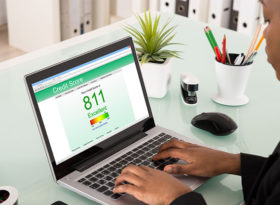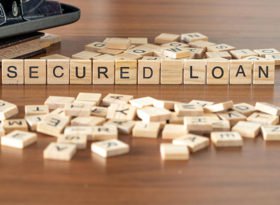5 Tips For Getting A Small Business Loan
Starting up a small business can be a challenging task for even the most business savvy entrepreneur. More often than not there will be some point where you will need to seek additional funds to either keep your business running or to finance new capital. At times like this a common solution is to engage with a lender offering small business loans. Once you decide that a loan is the best option to finance your business, there are a number of questions that you need to ask yourself before contacting a lender;
- How much do you need?
- Which type of loan is best for your business?
- How long do you need the loan for?
- Can your business afford the loan repayments including interest and other fees?
- What collateral do you have to offer and does this impact the interest rate?
Once you have worked out this important information you can compare loan types using online tools such as loan repayment calculators or using aggregator sites like InfoChoice or Canstar.
Terms and conditions of the loan
Every loan has a repayment plan which is dependent on the term of the loan. You will be required to pay a part of the loan plus interest at regular intervals. After determining how much you can afford to repay at each interval, you can come up with an appropriate loan term. Remember that a longer small business loan term means that you’ll pay more in total interest.
Types of loans
If you’re seeking funds to buy equipment, a new business or expand your current business, you need a fully-drawn advance meaning that all the money is available to you upfront. Alternatively “at call” loans are a good option if ongoing financial support is required to keep the business running (for example if you are waiting for customers/clients to make payments). A line of credit or overdraft fall in this category.
Interest rate
A small business loan can have fixed or variable interest rate. Your choice of rate will vary the loan features, stability of repayment and the overall cost of the loan. A variable interest rate puts you at risk of interest rate shifts, while a fixed rate loan places this risk on the lender. In order to make the right choice, consider how much cash flow is available in your business after all your expenditure, including loan repayments. If the profit level is low, go for a fixed interest rate which is more likely to remain within your means. Ongoing funding This refers to the average amount of line of credit or overdraft that is used at any time. It is typical to apply for a higher overdraft limit, but remember that this may attract higher fees. Also look out for clauses that permit the lender to demand the total loan repayment at any time.
Additional fees
Some small business loans can end up costing you much more than just the interest. Be sure to thoroughly investigate the costs involves, as you may discover a number of other charges including application fees, exit fees, early termination fines or fixed fees such as credit advance or service charges.
Loan collateral
You can often secure a small business loan by offering different types of assets such as residential, commercial, business or rural property. On the other hand, some loans are not secured at all. Higher interest rates are often charged for loans with less security. Remember the lender has the legal authority to seize the asset or property you offer as collateral if you default on your loan. It is always wise to seek advice from financial experts before taking out a secured business loan.




